Pokrovsk, Lyman sectors see fiercest battles: 190 clashes on front over past day
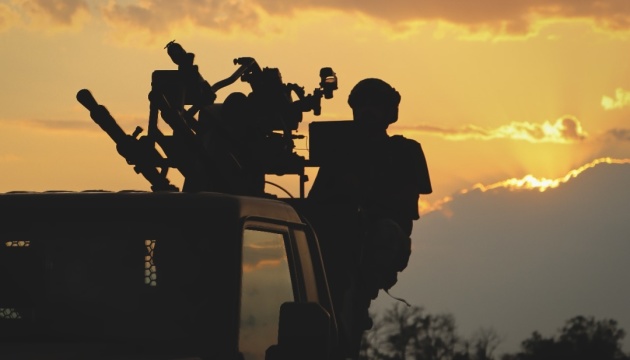


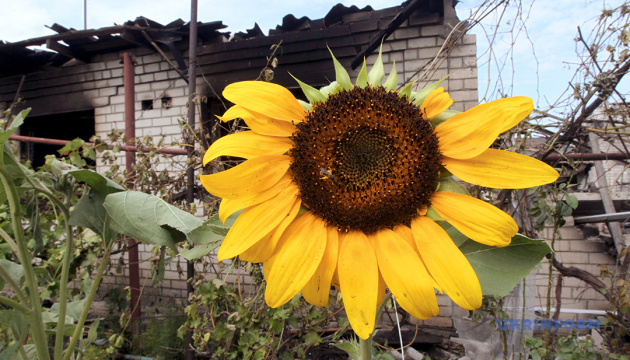

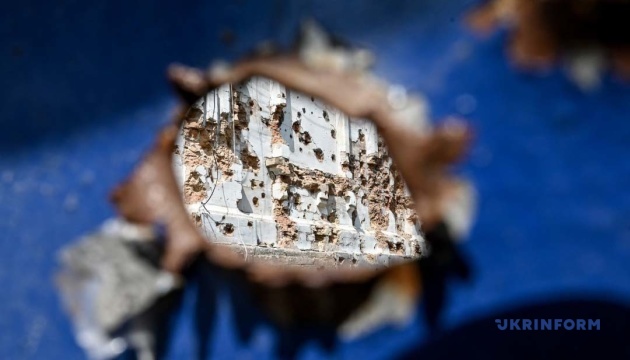



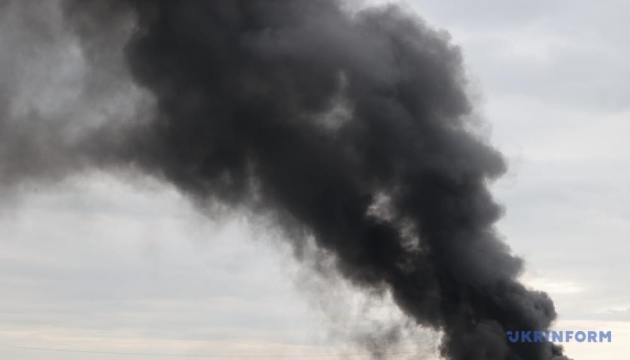

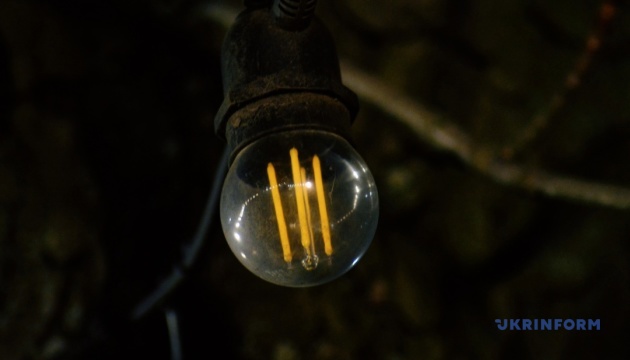

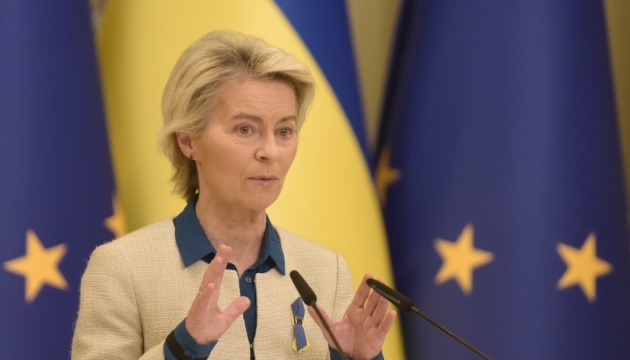

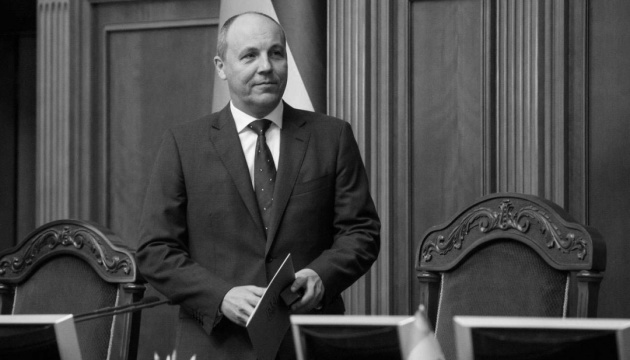

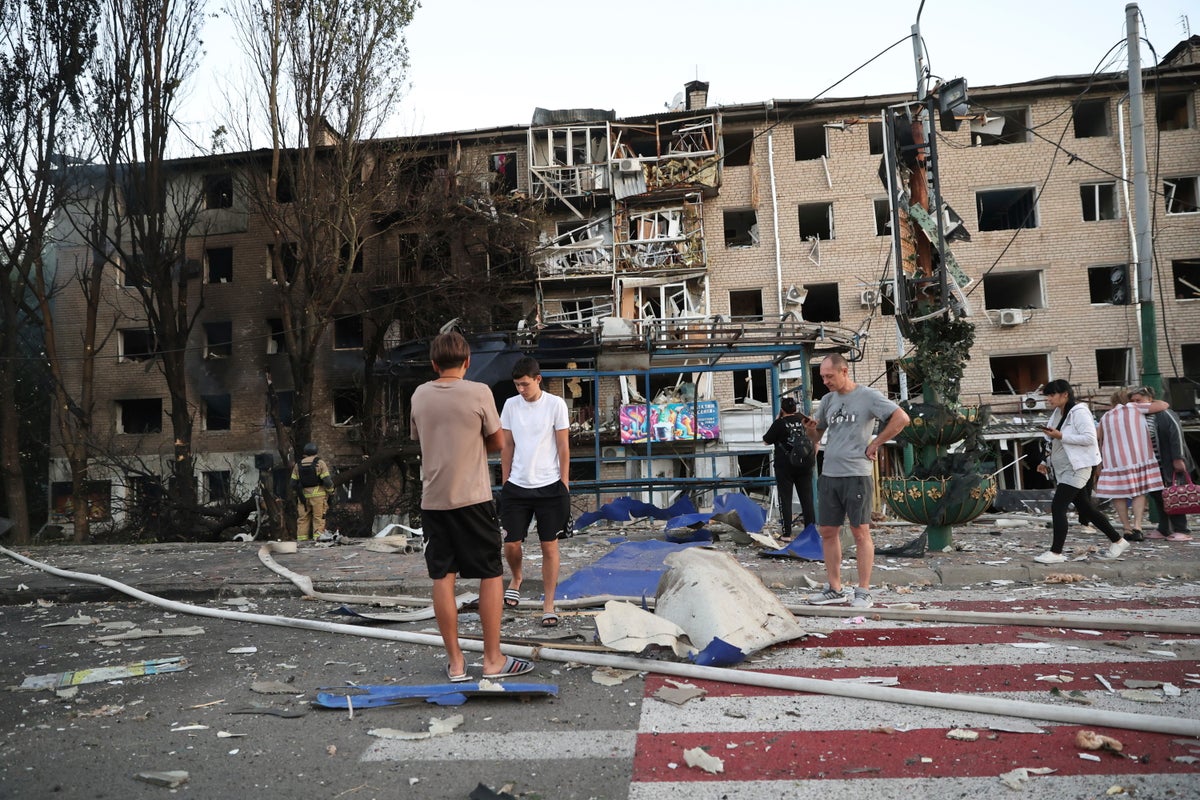
Putin is meeting with Xi Jinping and India's Modi at SCO leaders' summit in northern China

© AP
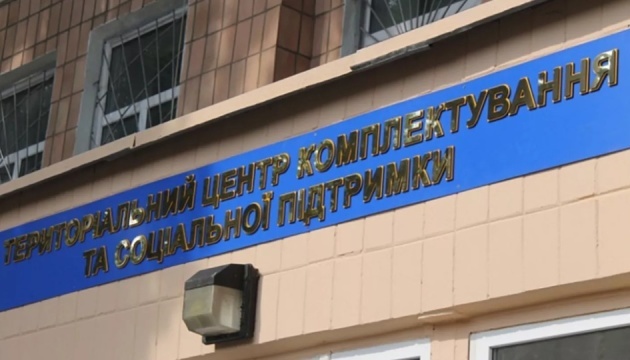


North Korea said on Monday leader Kim Jong Un inspected a new weapons factory that’s key to his plan to accelerate mass production of missiles in a weekend visit before he departs for a major military parade in China.



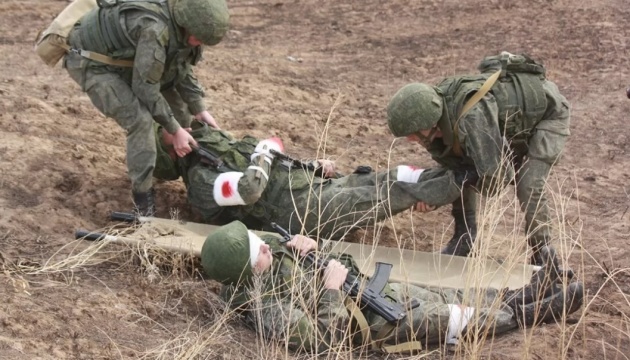

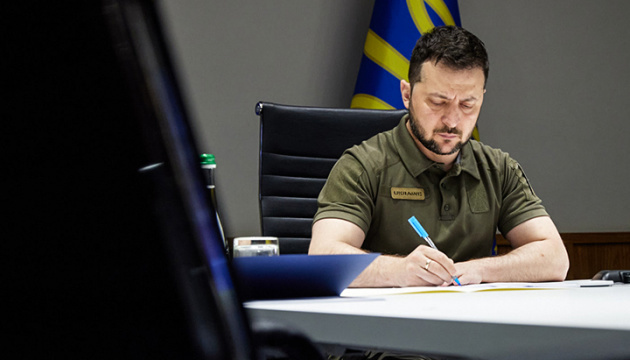

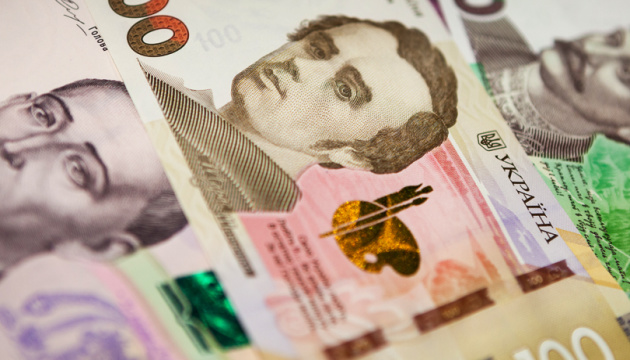

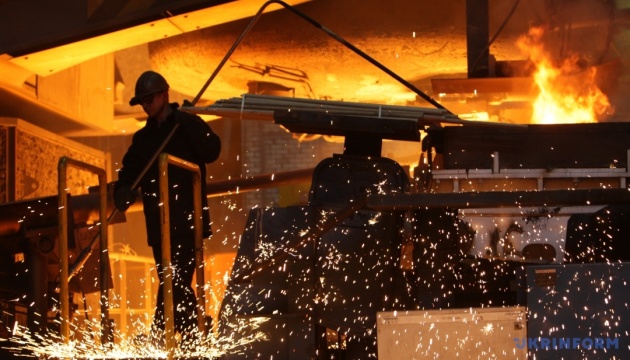

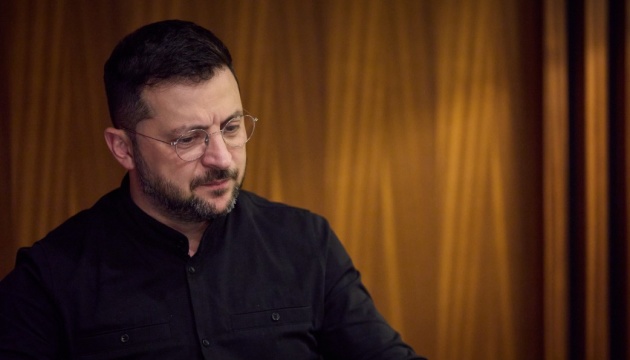

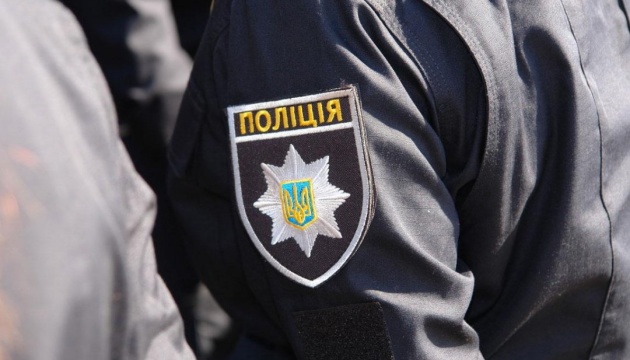

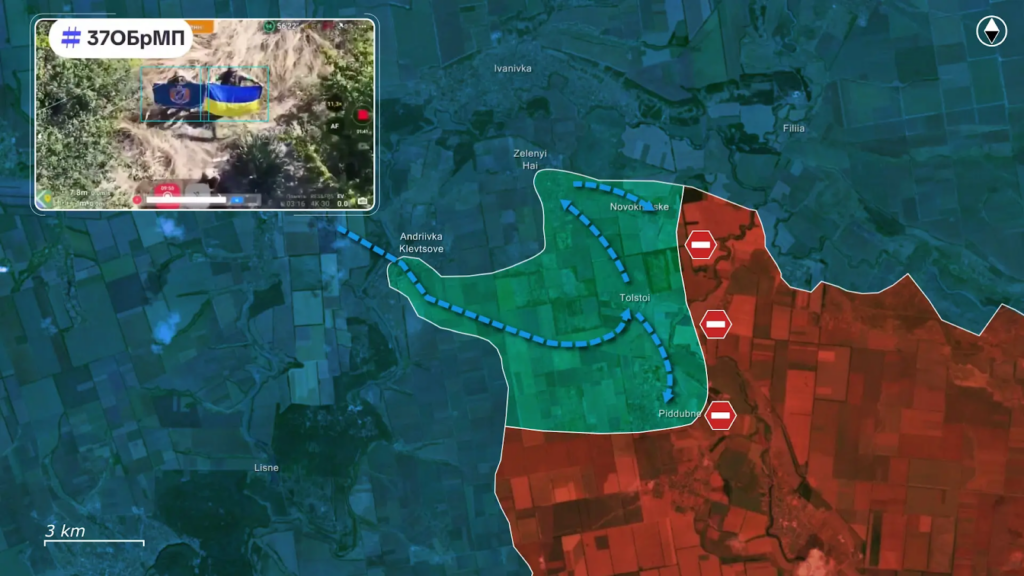

Day 1284
On 30 August, the biggest news comes from the Novopavlivka sector.
Here, Ukrainian forces have launched a coordinated counteroffensive to destabilize Russian forward momentum in this contested sector in western Donetsk. In just a few days, several settlements have been recaptured, frontline positions have shifted, and drone strikes have decimated Russian strongpoints, with this being only the beginning.
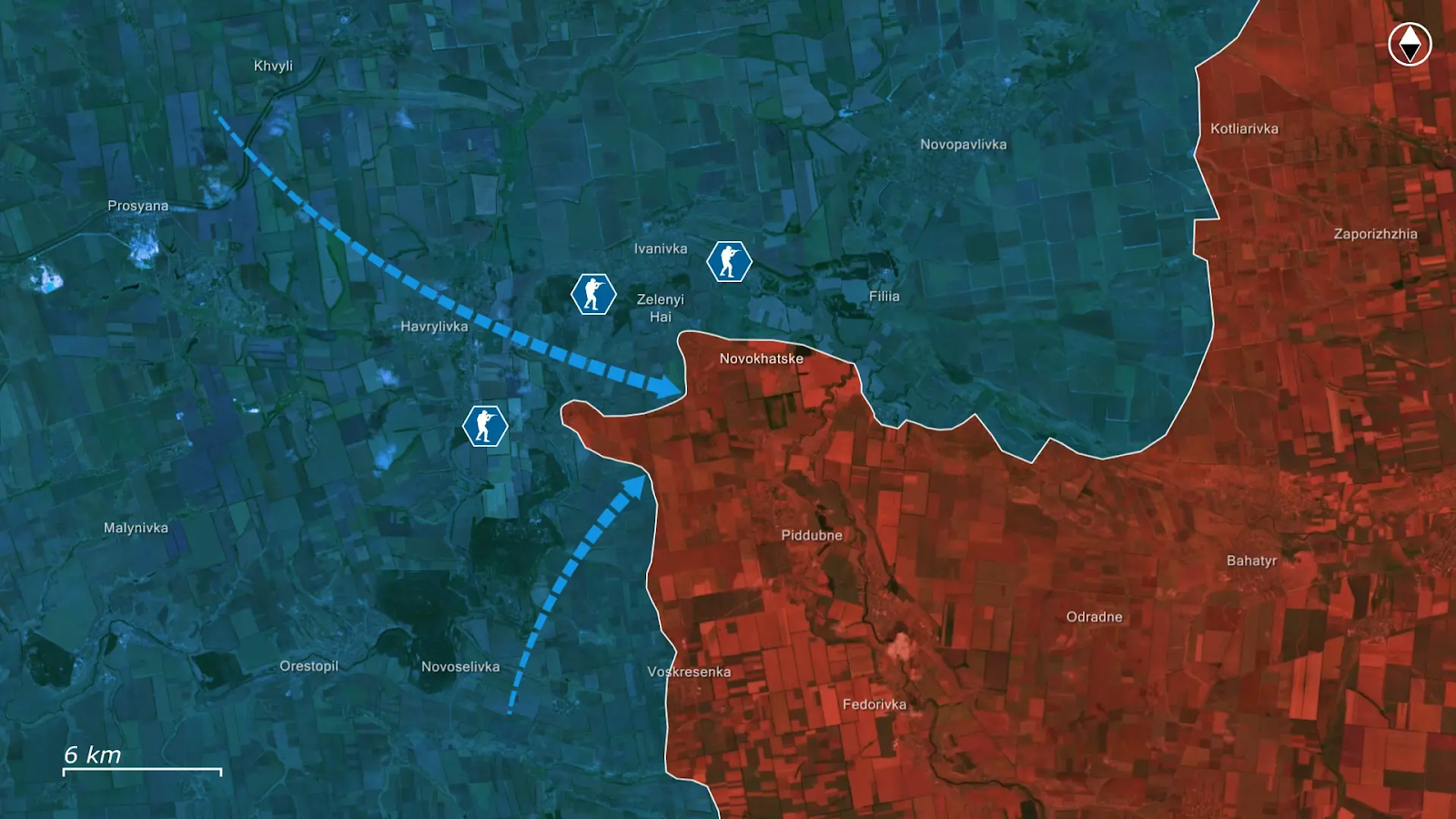
The main objective of this operation is to push Russian forces back from recently captured frontline positions, liberating exposed villages near the Mokri Yali River. This would not only reverse two months of Russian gains, but also set up a new defense with the terrain to Ukraine’s advantage.
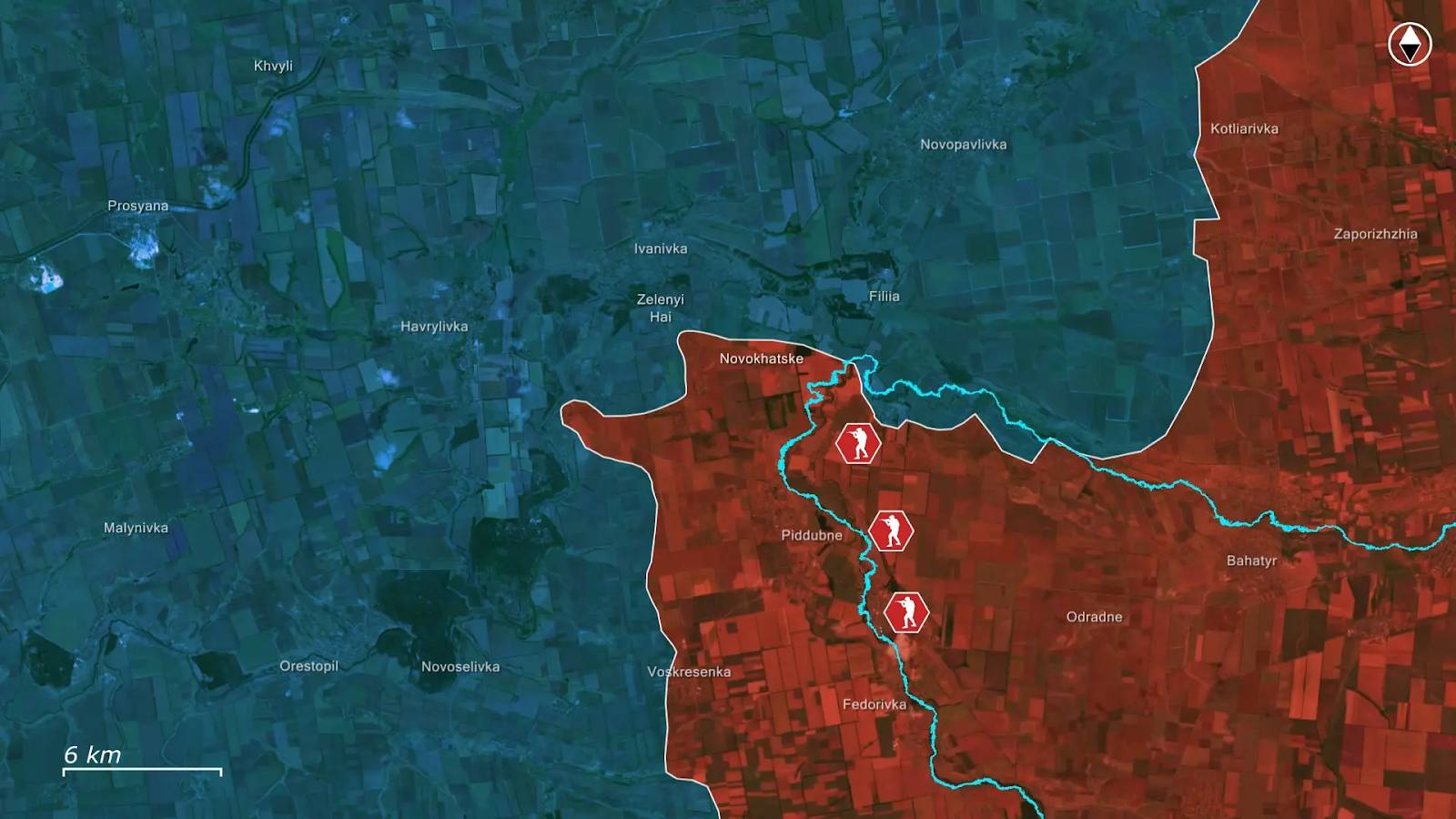
The specific sector was chosen for two main reasons: first, the terrain between Tolstoy, Zelenyi Hai, and Piddubne heavily favored Ukrainians. Looking at the topographic map, we can see that Ukrainian drone operators benefit from nearby high ground to the west, where they can achieve stronger signal connectivity and greater visibility, allowing more consistent targeting and loitering in enemy zones. Unlike other sectors with gulleys or dried riverbeds that disrupt drone signals, this corridor is more open and connected, providing favorable conditions for networked strikes. Lastly, the area is tied to the Mokri Yali River, which Ukrainian forces likely view as a natural barrier that could help solidify their lines once the operation concludes.
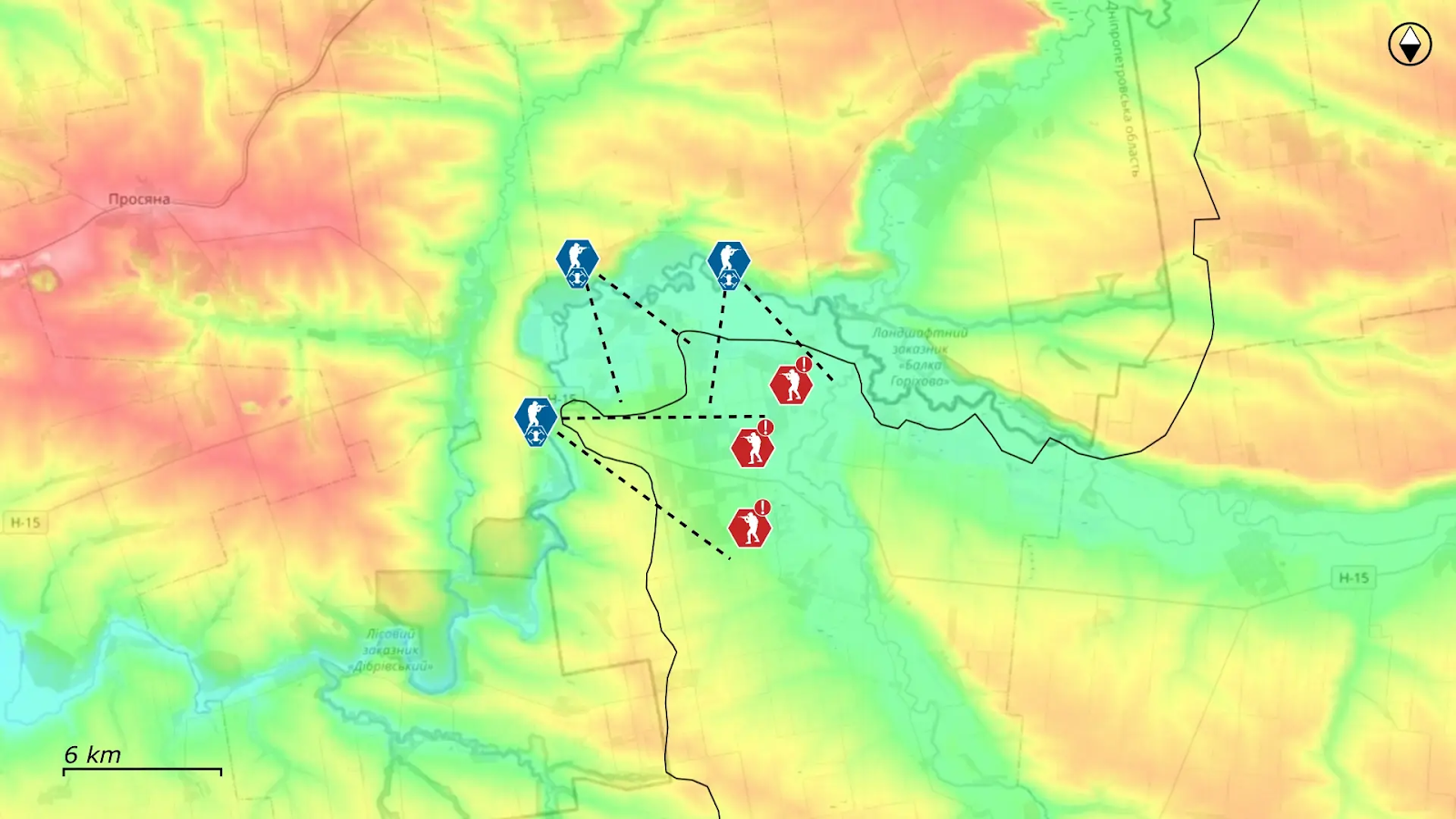
Secondly, Russian units in the area were already showing signs of overextension following continuous attacks for months, trying to gain new positions. Russian troops deployed in this sector were additionally largely composed of undertrained troops with limited electronic warfare systems to counter Ukrainian drones, and poor conditions across battalion lines. Crucially, Russia lacked inherited hardened positions or top-down fortifications, leaving many Russian trenches here highly exposed to attacks from above by Vampire drones. Ukrainian FPV teams exploited this with methodical strikes, forcing Russian soldiers into basements and static cover.
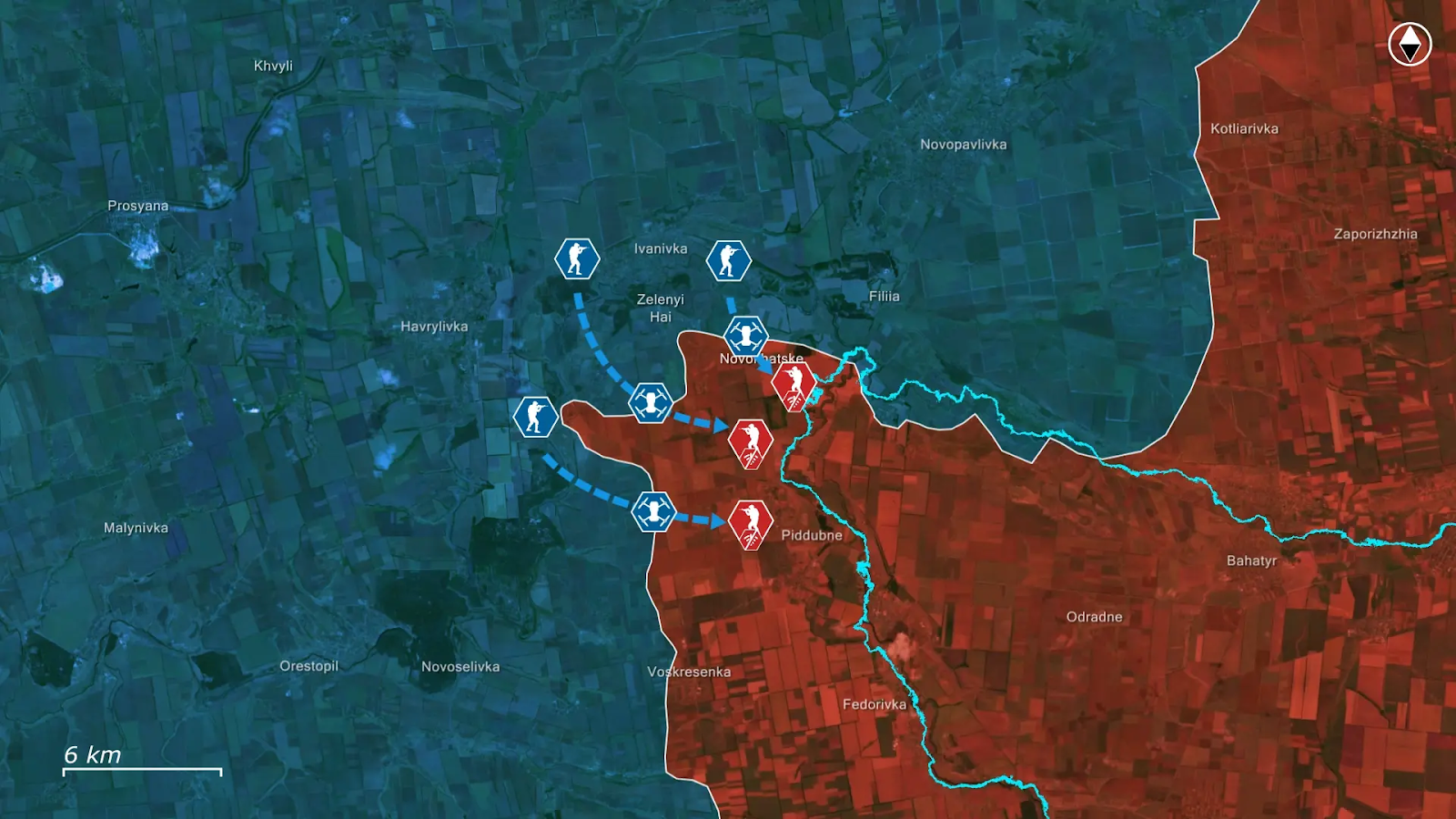
This eliminated any mobility or tactical depth the Russians hoped to retain, locking them into a reactive posture where recovery became increasingly difficult. The consequence was not just tactical disruption, but a breakdown in Russian ability to reinforce or coordinate under fire.

From a planning perspective, the operation was organized as a series of limited, sequential pushes, each targeting vulnerable points along the Russian forward edge, deliberately avoiding a massed broad-front assault. Instead, Ukrainians concentrated firepower and movement on lightly defended junctions between Russian units, relying on well-coordinated assault groups supported by rapid drone reconnaissance and short-range FPV strikes. The use of drone-based precision targeting before and during maneuvers was central, allowing Ukrainian infantry to move in after initial softening without committing excessive forces.
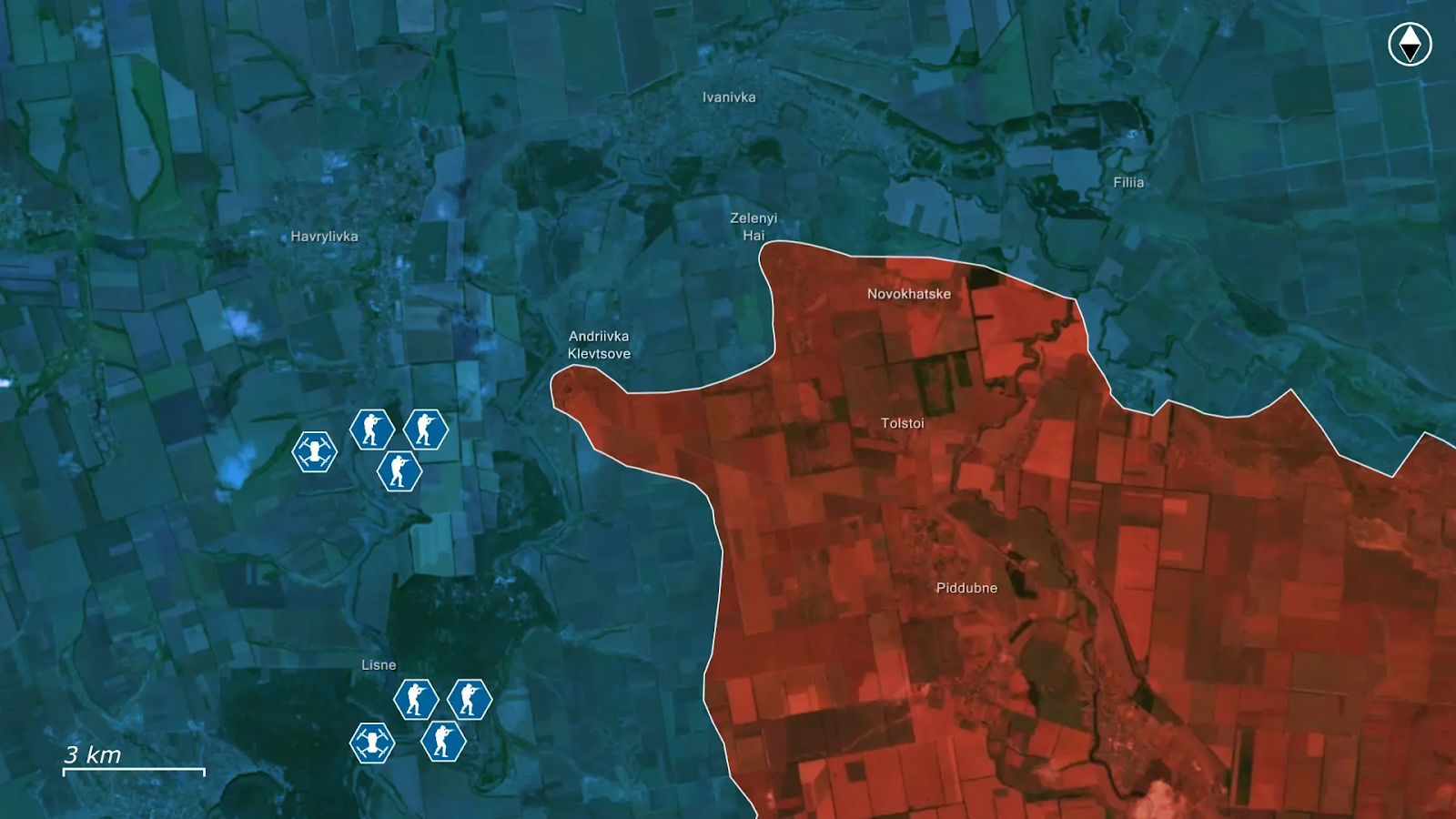
The operation began with Ukrainian special operations forces clearing out Russian infiltrators in the settlement of Andriivka-Klevtsove, raising the flag of their unit and laying the groundwork for the following operation.

Ukrainian forces next targeted Russian positions along the approach to Tolstoy, with FPV drones and artillery softening up Russian defenses and restricting Russian maneuverability.
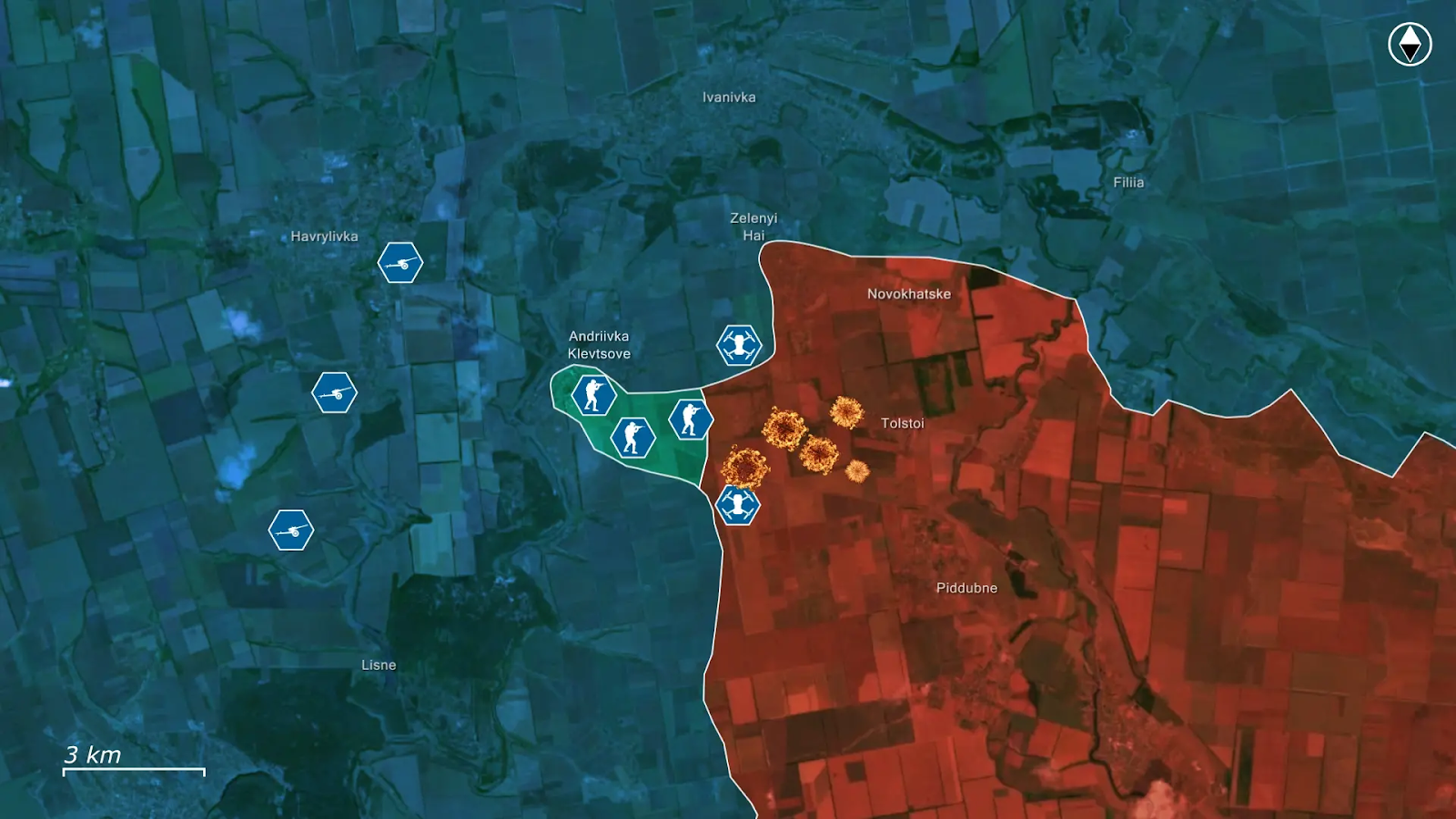
Then, assault units advanced from the south, clearing the village in close combat, reportedly under the command of the Fifth Separate Heavy Mechanized Brigade.
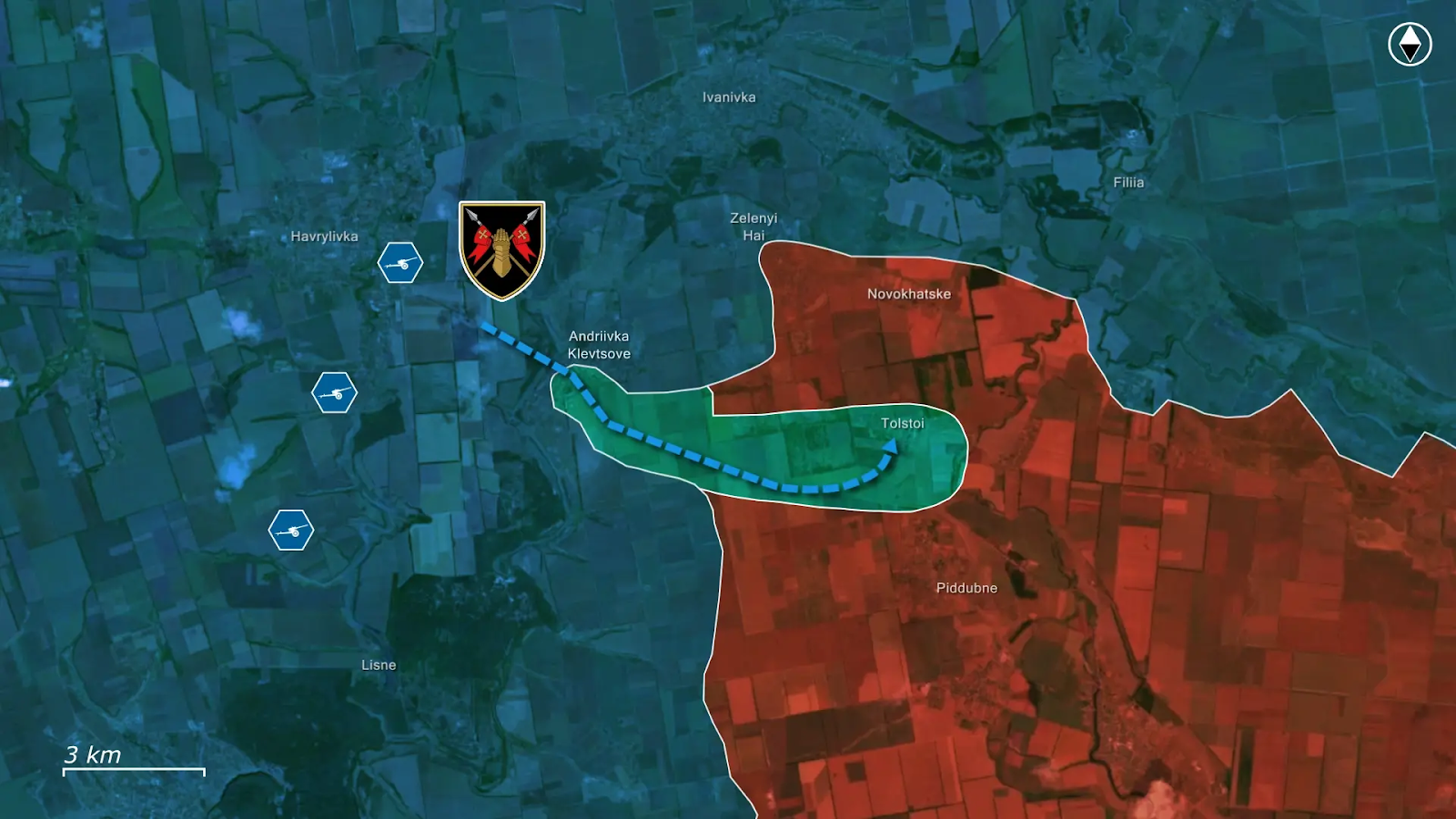
Immediately afterward, Ukrainian troops advanced northward and eastward, recapturing the nearby settlement of Zelenyi Hai. Footage shows Ukrainian marines raising the national flag there, indicating full control and suggesting that Russian forces either withdrew under pressure or were neutralized during the clearing phase.
From there, the attack continued toward Piddubne and Novokhatske, and while fighting is still ongoing, Ukrainian drone teams have been eliminating Russian infantry and targeting ammunition caches near Zirka and Tovste, two villages just behind the initial line. These strikes suggest an intent not only to disrupt current Russian positions but also to reduce their ability to counterattack. Ukrainian coordination across units indicates the presence of a broader operational plan to regain control over the sector and impose cumulative attrition on Russian battalions through sustained small-unit maneuvers.
Overall, Ukraine’s counterattack in western Donetsk demonstrates how limited offensive action, when based on precise reconnaissance and strong tactical planning, can yield meaningful battlefield shifts without requiring a large-scale breakthrough. By exploiting weaknesses in Russian training, unit cohesion, and drone denial capabilities, Ukrainian forces have retaken key positions and are now positioned to continue pressuring the front southward, potentially aiming for the Mokri Yali River as a more defensible forward line to undo more months of Russian progress.
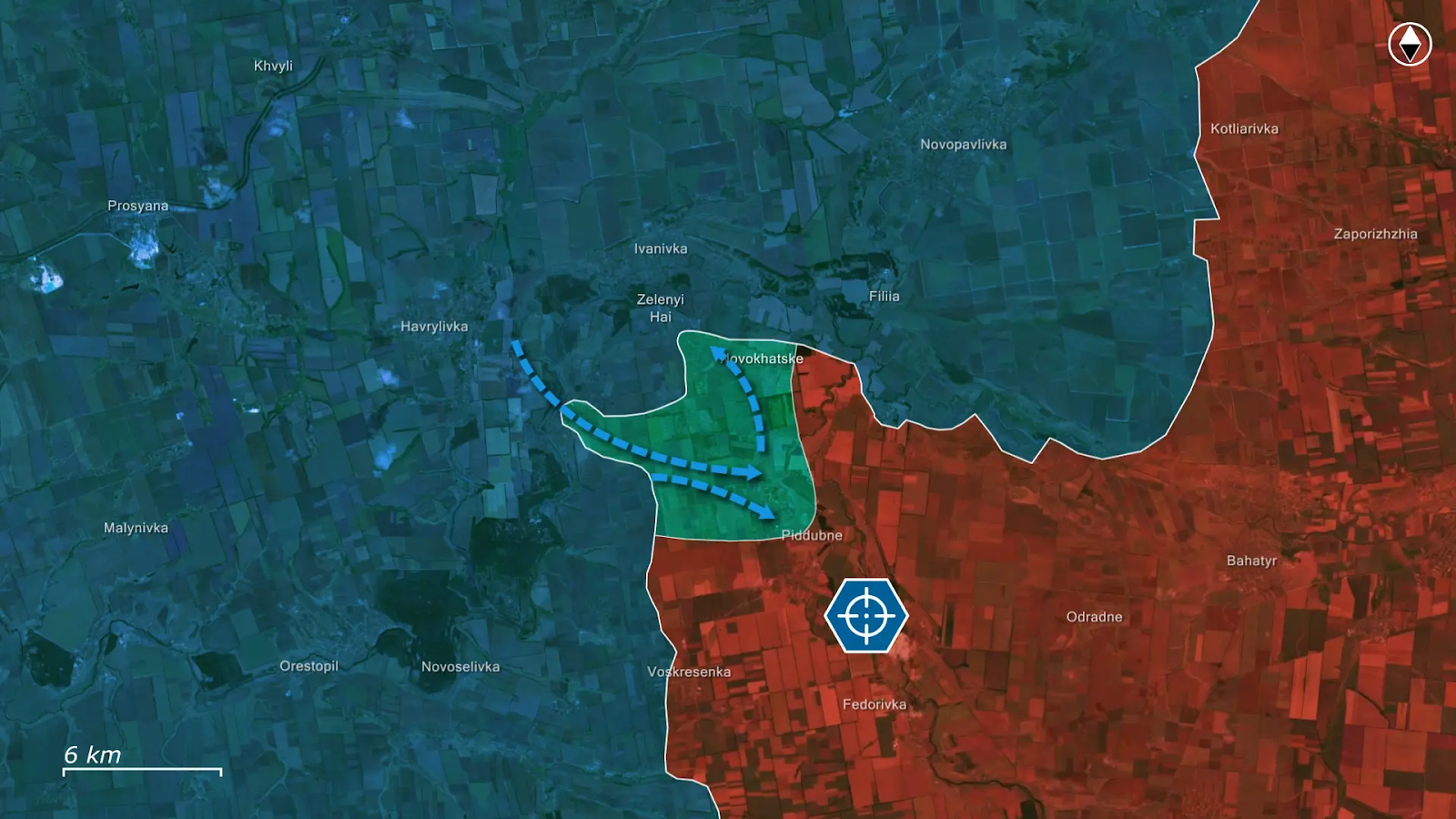
In our regular frontline report, we pair up with the military blogger Reporting from Ukraine to keep you informed about what is happening on the battlefield in the Russo-Ukrainian war
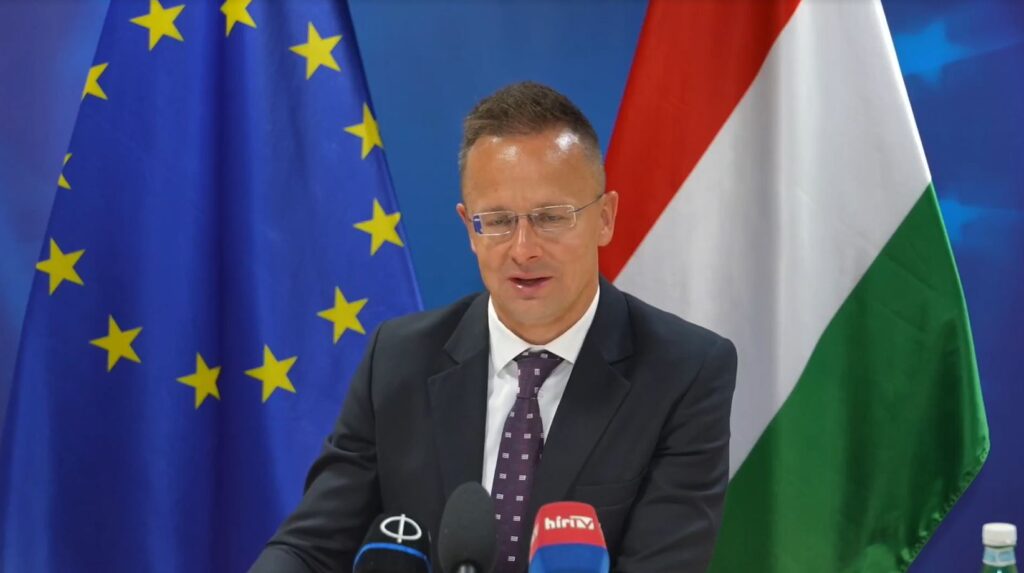

Hungarian Foreign Minister Peter Szijjarto announced on 30 August that Budapest will block the opening of substantive negotiations on Ukraine’s EU membership, citing concerns over agriculture, security, and energy costs.
Hungary, led by Prime Minister Viktor Orbán and Foreign Minister Péter Szijjártó, has been actively vetoing Ukraine’s accession process to the European Union. Viktor Orbán is widely regarded as a close ally of Vladimir Putin, positioning Hungary as a key supporter of Russian interests within the EU.
Speaking after an informal EU foreign ministers meeting in Copenhagen, Szijjarto said Hungary “will not allow the substantive part of the accession negotiations, i.e., the specific rounds of the negotiations, to be opened,” according to Hungarian media reports.
The minister justified the position by claiming Ukraine’s EU membership “would destroy Hungarian farmers, Hungary’s food security, and allow the Ukrainian mafia to enter Hungary.”
Szijjarto accused Brussels and most EU member states of prioritizing war continuation over peace negotiations.
“Brussels and most European Union member states are preparing for the long-term continuation of the Ukrainian war, are not interested in the success of peace negotiations, and are ready to send many more thousands of billions of forints to Ukraine,” he said.
The Hungarian official criticized the European Commission for acting “practically as a Ukrainian Commission, completely representing Ukraine’s interests, contrary to the interests of member states” during the Copenhagen discussions.
Hungary outlined four specific areas where it will maintain opposition to EU policy on Ukraine. The country will continue supporting US President Donald Trump’s peace efforts, as “only an American-Russian agreement can bring about a settlement,” Szijjarto said.
Ukraine applied for EU membership shortly after Russia’s invasion in 2022 and received candidate status within months. However, Hungary’s veto power as an EU member allows it to block further progress.
The Hungarian position comes amid broader EU discussions about Ukraine’s integration path and continued financial support. Hungary has consistently opposed aid packages to Ukraine and sanctions against Russia throughout the conflict.
On 13 August, Szijjarto condemned a Ukrainian drone strike on a distribution station of the Druzhba oil pipeline in Russia’s Bryansk Oblast. Hungary relies on this pipeline for most of its crude oil imports and remains one of two EU countries, along with Slovakia, still importing Russian oil via Druzhba under EU sanctions exemptions.
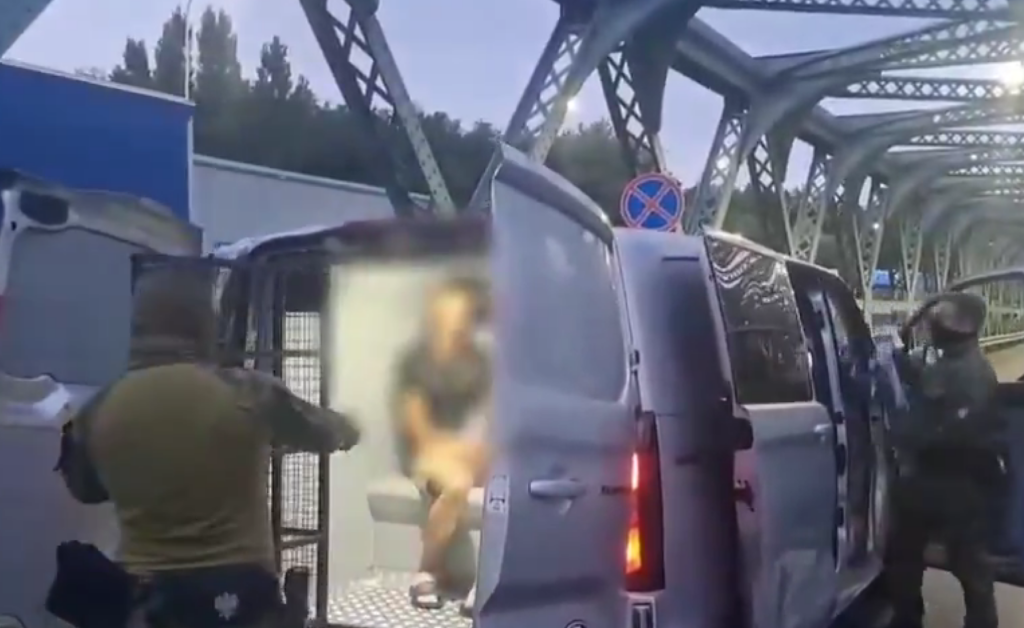

Polish Interior Minister Marcin Kierwiński announced the deportation of a Ukrainian citizen who posted video threats of arson attacks online.
“A Ukrainian citizen who threatened to commit arson in videos posted on the Internet was forcibly taken and deported to Ukraine by border service officers,” Kierwiński wrote on X.
The minister published footage showing the Ukrainian being handed over to Ukrainian border guards. Polish authorities had detained the individual on 29 August, according to Kierwiński’s earlier statements.
The deportation comes amid broader Polish security measures targeting Ukrainian nationals. On 30 August, Poland expelled 15 Ukrainian citizens who authorities claimed posed threats to public safety.
Border service officials reported that several of the deported Ukrainians had prior criminal convictions. The charges included possession of narcotic and psychotropic substances, theft, robbery, document forgery, drunk driving, and organizing illegal border crossings into Poland.
The cases highlight growing tensions as Polish authorities increase scrutiny of Ukrainian residents amid ongoing security concerns.
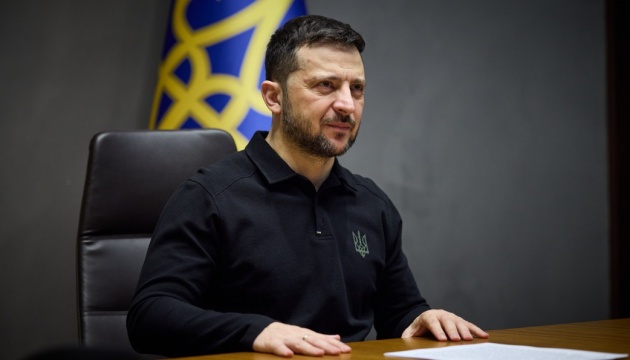

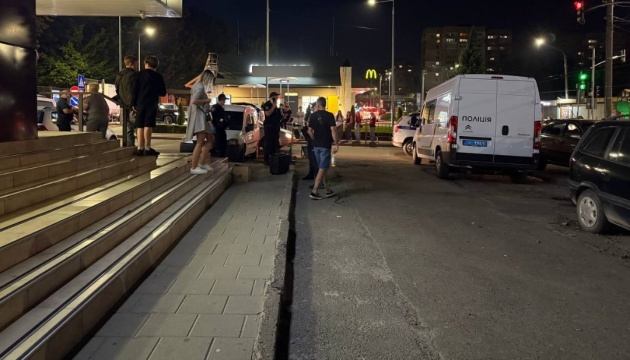

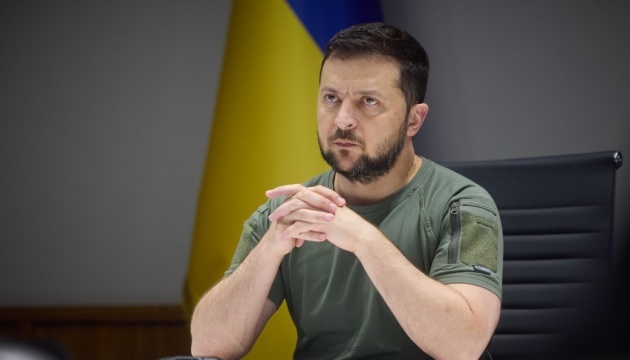

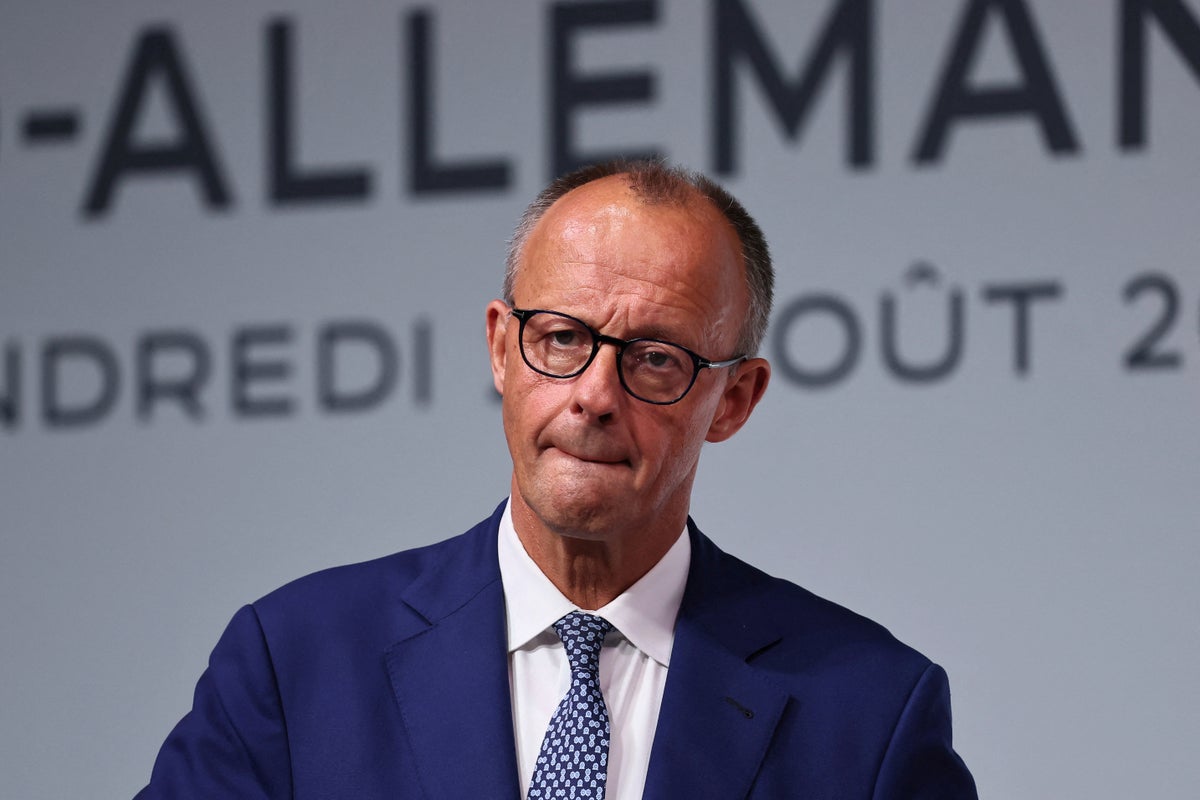

© ASSOCIATED PRESS


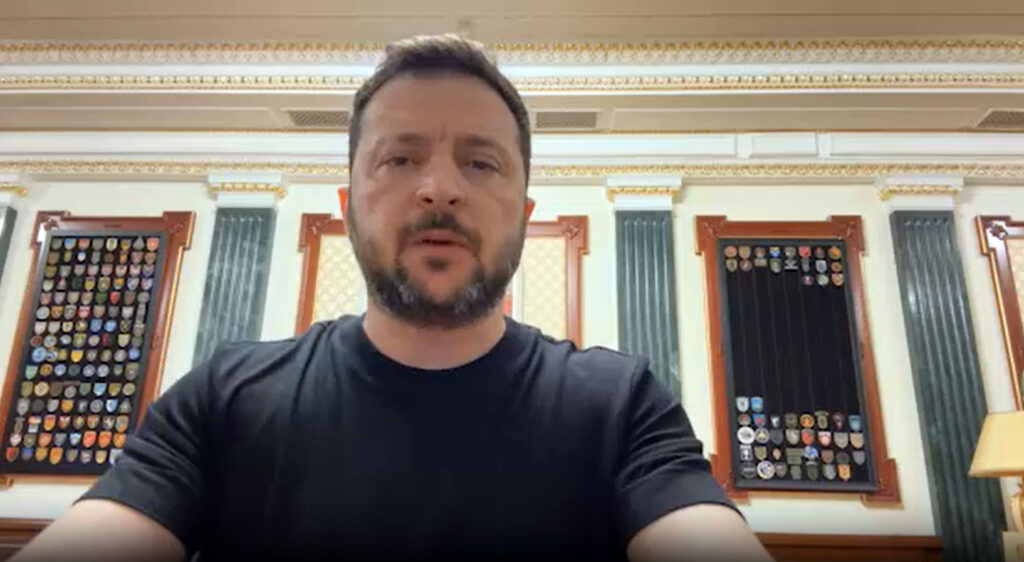

Ukraine expects its international partners to allocate at least $1 billion monthly through the PURL initiative for purchasing American weapons via NATO, President Volodymyr Zelenskyy announced in his evening video address.
The PURL initiative represents a coordinated effort by NATO allies to streamline weapons procurement for Ukraine through American defense manufacturers, creating a sustainable monthly funding mechanism for the country’s ongoing defense needs.
The Ukrainian leader thanked partners who joined the program this month, describing it as “a special program that allows buying necessary weapons for Ukraine’s Defense Forces – buying in America.” NATO coordinates the initiative, which has already accumulated over $2 billion in commitments.
Seven countries joined PURL in August: the Netherlands, Norway, Sweden, Denmark, Canada, Belgium, and Latvia.
The president specified that these funds purchase highly effective weapons including Patriot missiles, HIMARS systems, and other defense equipment needed to protect Ukrainian cities.
The program gained significant momentum throughout August. The Netherlands announced its participation on 4 August, followed by Denmark, Norway, and Sweden on 5 August, with their combined assistance exceeding $1 billion at that time. Prime Minister Denys Shmyhal said on 22 August that the NATO mechanism had attracted approximately $1.5 billion in military aid. Canada pledged $500 million to the program on 24 August.
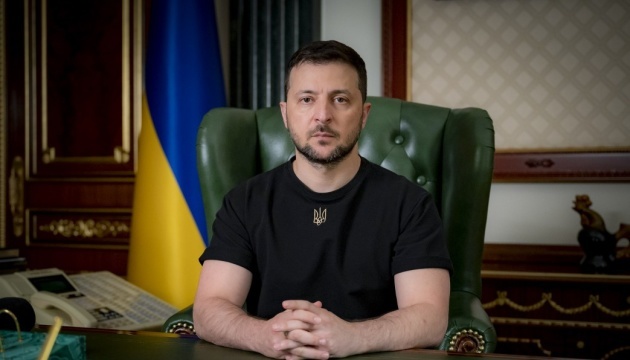

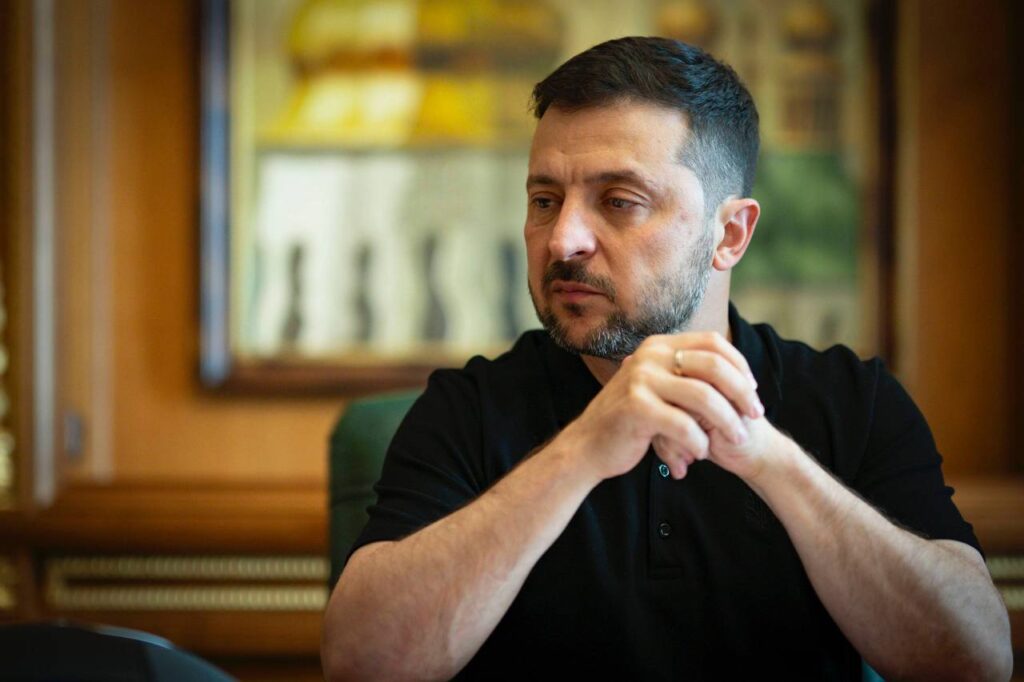

Ukrainian President Volodymyr Zelenskyy accused Russia of deliberately choosing war over peace negotiations as Vladimir Putin traveled to China for a regional security summit. The Ukrainian leader criticized Moscow for ignoring widespread international calls for a ceasefire that have emerged from leaders across multiple continents.
Zelenskyy said in his evening adress that peace talks at the leadership level were proposed in Washington two weeks ago, adding Ukraine remains prepared for such discussions. However, he said Russia has chosen a different path by continuing to invest in military operations rather than diplomacy.
“All signals from Russia indicate only the continuation of aggression,” Zelenskyy said, according to his statement. “During his visit to China, Putin will again seek ways to avoid responsibility – this is his usual tactic.”
The Ukrainian president emphasized the breadth of international opposition to the war, citing calls for peace from major global powers and religious leaders.
“The world unanimously demands a ceasefire: China says this, and India’s Prime Minister, and the leaders of Türkiye, Azerbaijan, Kazakhstan. Today an important statement was made by the Pope. The only one who wants war is Russia,” Zelenskyy said.
Putin’s visit to China comes amid what sources describe as a “crunch moment” in peace talks over the Ukraine war, with the Russian leader attending a regional security summit alongside other leaders.
Zelenskyy argued that international pressure on Moscow must intensify, warning that the war’s continuation destabilizes the global situation. Ukraine expects firm positions from the United States, European Union, and G20 nations, he said.
The Ukrainian president also thanked partners who joined the PURL special program, which enables weapons purchases in the United States for Ukrainian defense forces. He announced that the Netherlands, Norway, Sweden, Denmark, Canada, Belgium, and Latvia joined the initiative in August.
“The total amount in the program has already exceeded $2 billion. Our goal is to add at least one billion monthly. These are funds for purchasing modern weapons – Patriot missiles, HIMARS and other systems that protect our cities,” Zelenskyy said.
The president previously reported that Ukrainian Defense Forces are containing Russian advances in Donetsk Oblast and toward Pokrovsk.
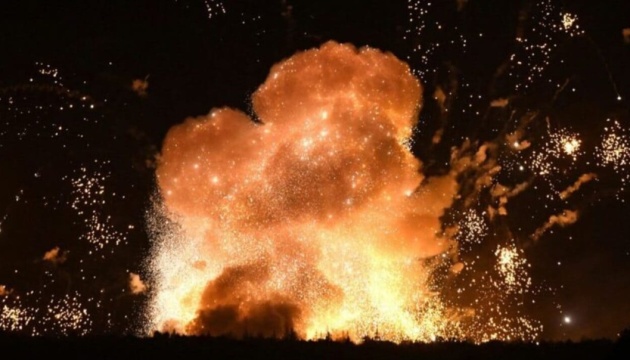

Ukrainian intelligence forces have delivered a powerful strike against the occupiers’ military infrastructure in temporarily occupied Crimea. The special unit Phantoms destroyed several expensive Russian air-defense and radar systems, the agency reports.
According to Ukraine’s Defense Intelligence Directorate, the elite unit continues systematically dismantling Russia’s air-defense network. The Phantoms are tasked with precision strikes against radar complexes, logistics hubs, and enemy military infrastructure.
Ukrainian forces knocked out unique Russian systems, including:
The loss of these systems seriously complicates the work of Russian air defense on the peninsula. Without key radars and navigation, the occupiers are left far more vulnerable to strikes by Ukrainian missiles, aircraft, and drones.
“The demilitarization of temporarily occupied Crimea continues!” Ukraine’s military intelligence emphasizes.


German Chancellor Friedrich Merz warned that Ukrainian capitulation would lead to Russian aggression against other states, according to his interview with ZDF channel.
Merz said the war between Russia and Ukraine could continue for an extended period. “We are trying to end it as quickly as possible. But certainly not at the price of Ukraine’s capitulation,” he added.
The Chancellor explained that while the war could end tomorrow if Ukraine surrenders and loses its independence, such an outcome would have dangerous consequences. “Only then the day after tomorrow it will be the turn of the next country. And then the day after that it will be our turn. That is not an option,” Merz said.
The German leader emphasized his government’s position on avoiding Ukrainian surrender despite the war’s potential duration.
Regarding the possibility of a ceasefire next year, Merz expressed cautious optimism: “I don’t give up hope that we can make it happen. But I’m also not deluding myself.”
On the question of ground troops in Ukraine, Merz opposed such deployment at present. “Nobody is talking about ground troops in Ukraine at this time,” he said.
This interview follows Merz’s earlier statements on Ukraine. On 27 August, the Chancellor argued that Ukrainian capitulation would only give the Russian dictator time to prepare for a new war. Two days later, on 29 August, Merz said Russia’s war against Ukraine could last “many months” as Putin refuses negotiations.
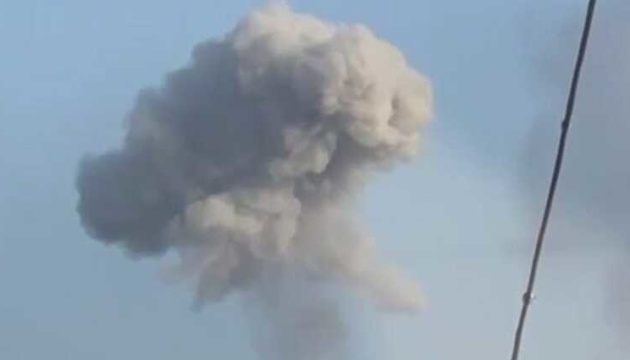

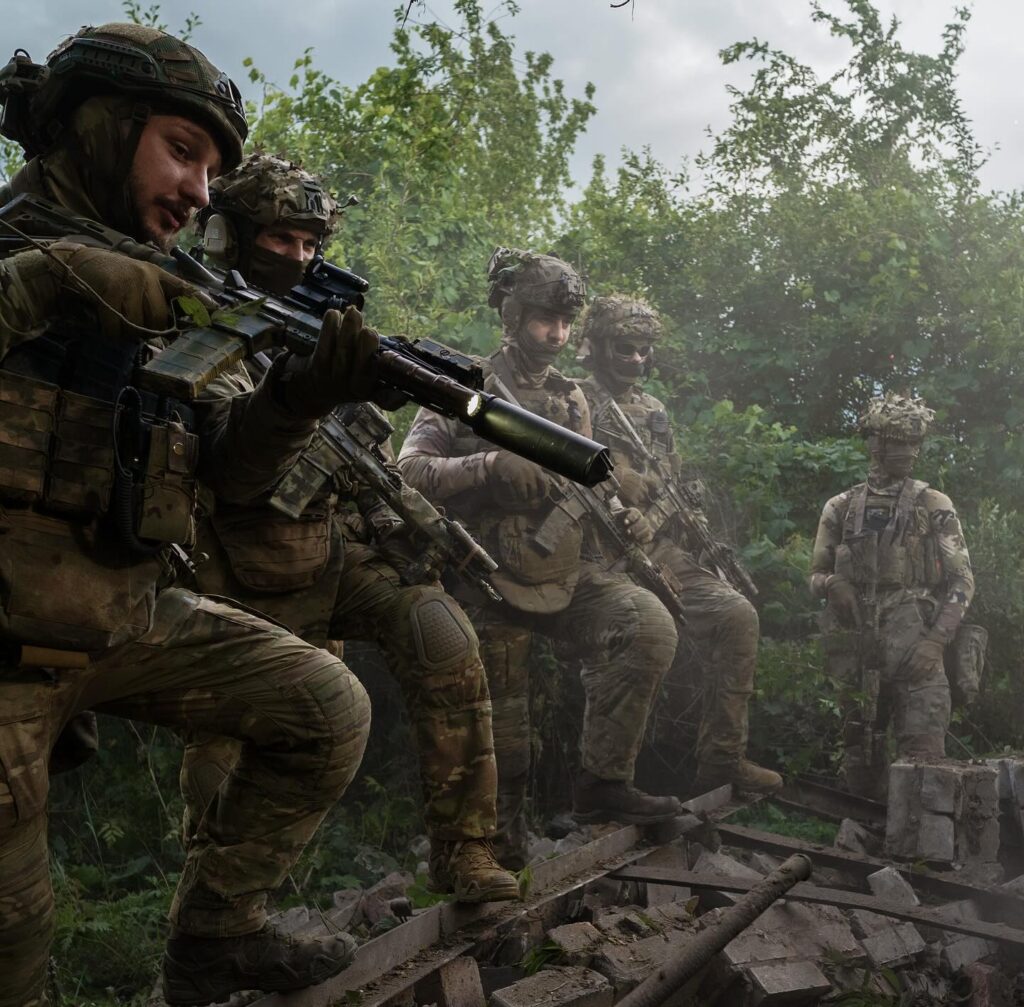

Most Ukrainians favor ending combat operations through negotiated settlement while demanding concrete security assurances from Western allies, according to new polling data from the Rating Sociological Group.
The survey, conducted 21-23 August, found 59% of respondents support “cessation of hostilities and search for compromise,” while 20% back continuing the war until Donbas and Crimea are returned and 13% favor fighting until 23 February 2022 borders are restored.
Security guarantees emerge as the central precondition for any ceasefire agreement. When asked whether Ukraine should agree to stop fighting, 75% said “Yes, but only if Ukraine receives security guarantees from the USA and European countries,” according to the polling firm. Just 19% said Ukraine “should not agree under any conditions,” while 3% supported an unconditional ceasefire.
Ukrainians identified three priority security mechanisms: continued military financing and weapons supplies from partners (52%), allied commitments to enter combat if Russia attacks again (48%), and international air and sea patrols (44%).
The preference for multilateral negotiations over bilateral talks with Moscow was pronounced. The Rating group found 62% view “search for compromise with involvement of other countries” as realistic, compared to 20% who favor “direct negotiations with Russia.” Only 11% support rejecting talks entirely and “fighting until liberation of all territories.”
When asked about current priorities, 58% chose securing Western commitments for future army financing and adequate weapons supplies, while 31% prioritized territorial recovery.
Respondents most commonly said Ukraine fights Russia for “children’s future” (60%) and “freedom” (44%).
The telephone survey interviewed 1,600 adults across all oblasts except occupied Crimea and Donbas territories and areas without Ukrainian mobile coverage. The margin of error is 2.5% with 95% confidence level.
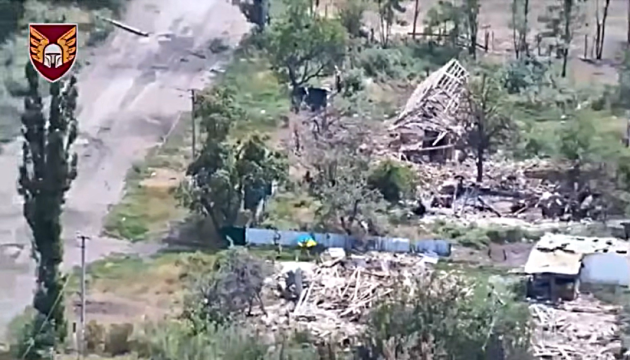

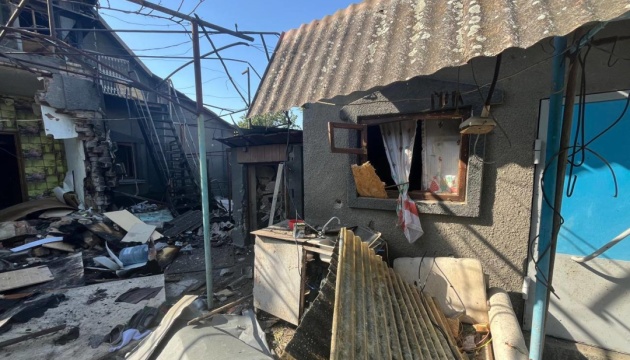



The Russian private military company Wagner is experiencing serious setbacks in Mali: around two thousand fighters failed to improve security or control resources as they did in the Central African Republic. Instead of fighting jihadists, the mercenaries clashed with the Malian army, which only increased violence, reports the Foreign Intelligence Service of Ukraine.
After the 2021 coup, power in Mali was seized by a junta led by Assimi Goïta, who hoped for effective cooperation with Russian mercenaries. Instead, the JNIM network (Al-Qaeda in the Sahel) continues to strengthen its position in the region, and civilian casualties rose from 736 per year to over 3,000 in 2022–2024. Notably, 80% of deaths were caused not by jihadists but by the local army and Wagner forces.
Relations between Russian mercenaries and Malian forces sharply deteriorated: reports show disobedience to orders, equipment theft, and acts of racism. In August, repression targeted dozens of officers who disagreed with Wagner methods. Civilians subjected to terror refuse to cooperate with the mercenaries.
Unlike in Sudan and the CAR, Russia did not gain access to mineral resources, including gold mines. Goïta rejected Moscow’s demands and is seeking alternative partners for security and resource extraction.
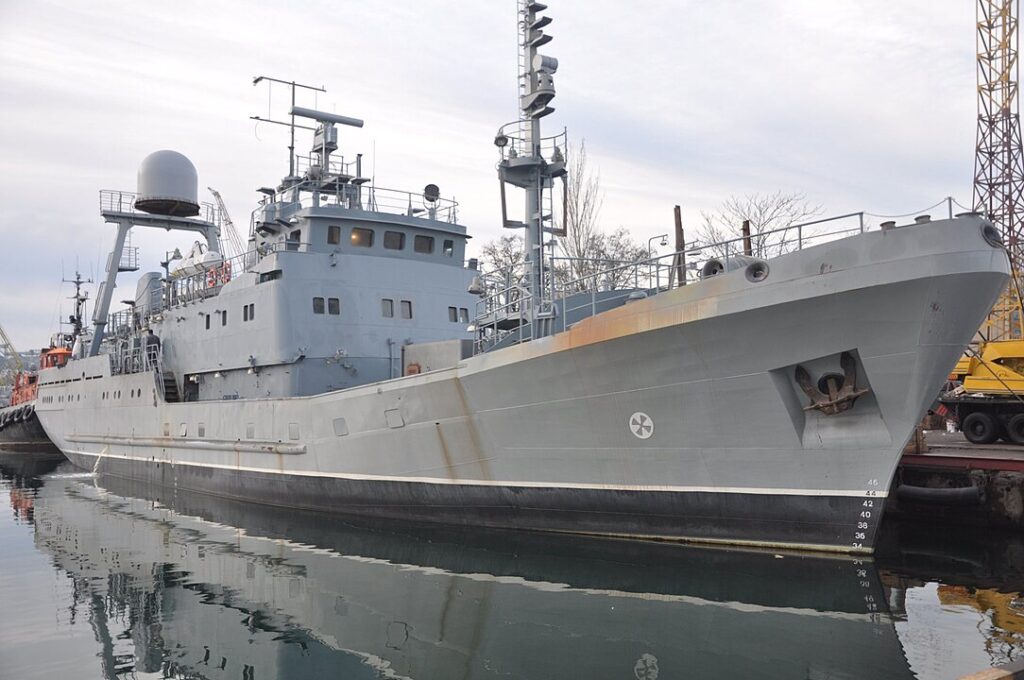

For two years, Ukraine’s drone boats have hounded the Russian Black Sea Fleet—delivering explosive payloads to sink ships at sea and in port, firing guns and missiles to take down Russian aircraft and even launching tiny first-person-view drones at coastal air-defense sites.
Now Russia is striking back with its own drone boats. On Thursday morning, a Russian Orion surveillance drone spotted the Ukrainian navy’s Simferopol reconnaissance ship on the Danube River just outside Romanian waters. An explosives-laden Russian unmanned surface vehicle motored up to Simferopol—and struck the 179-foot-ship amidships.
Two of the vessel’s 29 or so crew died, Ukrainian navy spokesperson Dmytro Pletenchuk said Friday. Several sailors were missing or injured. A search was underway for the missing, Pletenchuk said.
It’s painful loss for the depleted Ukrainian navy, which lost most of its large vessels—including its sole frigate, scuttled by its crew in Odesa—in the first few days of Russia’s wider invasion in February 2022. Since then, the navy has evolved, trading big ships for smaller boats and drones.
But the navy still had Simferopol, a former trawler that Ukraine fitted with a Melchior radio intelligence station and other systems and launched in 2019. Simferopol could detect Russian radio transmissions from hundreds of kilometers away. But the lightly armed ship was vulnerable—and the Ukrainian navy knew it. It’s not for no reason that Simferopol had apparently spent much of the wider war hiding out on the Danube.
For 42 months, the intel ship succeeded in avoiding missile attack. But then the Russians deployed their very first explosive drone boat—and chased down the once-lucky Simferopol. The USV may be the same type that Russian firm RoboCorp recently tested in Sevastopol, in Russian-occupied Crimea.
The exact specifications of the Russian USV are unclear. But if it’s anything like the Ukrainian state security agency’s own Maguara V5 USV, it might measure 18 feet from bow to stern, travel 800 km or so under satellite guidance and pack up to 300 kg of explosives. As the Simferopol strike demonstrated, that’s enough firepower to sink a medium-sized vessel.
Fast and low on the water, USVs are hard to detect and defeat. Russia has put in place a layered defense against Ukraine’s drone boats: patrolling with drones, jets, helicopters and boats and placing armed sentries on likely targets. As Russian USVs proliferate, Ukraine may need to duplicate these defenses—especially around Odesa, Ukraine’s strategic grain port.
And if the Russian USVs evolve the way the Ukrainian USVs have, they may begin striking with guns, rockets and FPV drones. They could even threaten Ukrainian aircraft.
In the spring of 2024, enterprising Ukrainian engineers kluged together a combination of sensors and R-73 and AIM-9X infrared dogfighting missiles borrowed from the Ukrainian air force—and mounted the resulting system on some of the security agency’s Magura V5s.
On 31 December, the air-defense Magura V5s claimed their first victims: two Russian Mil Mi-8 helicopters. six months later on May 2, separate formations of Ukrainian USVs attacked Russian navy anchorages in Crimea and in Novorossiysk, a port in southern Russia.
Russian drones detected the wakes and Russian warplanes sortied to attack the incoming USVs. The drone boats fired back with at least one AIM-9X—and shot down a Russian Sukhoi Su-30 fighter. It was the first-ever shoot-down of a manned warplane by an unmanned warship.
But if Ukraine can do it, Russia can, too—now that it has its own drone boats.
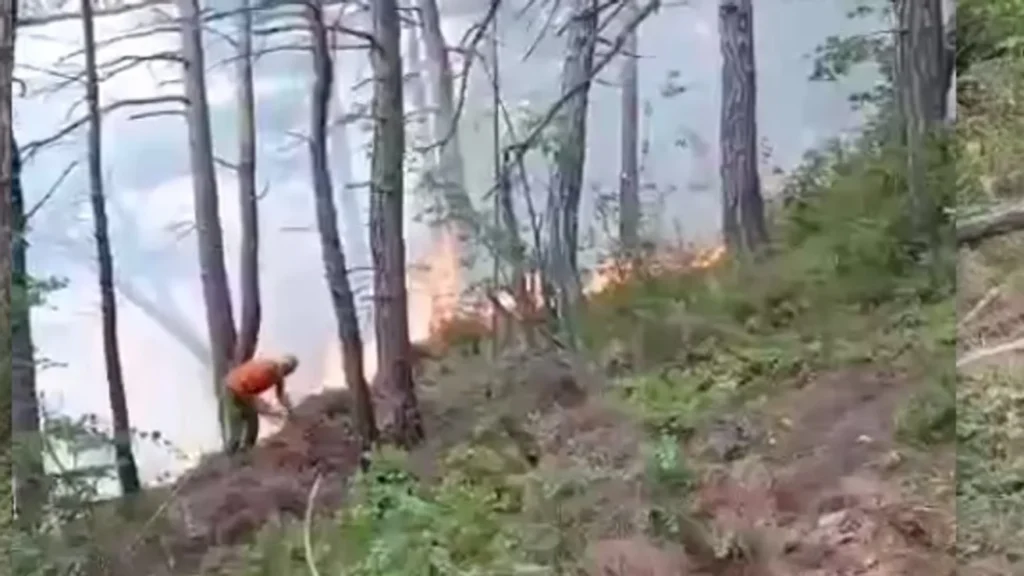

A forest fire that burned for four days near Russian President Vladimir Putin’s reported Black Sea residence has been extinguished, according to Krasnodar Oblast Governor Veniamin Kondratyev. The blaze, which spread to 41.5 hectares, started after drone debris fell in the area during Ukrainian strikes on 28 August.
The fire occurred near the village of Krynitsa, located approximately 10 kilometers from Putin’s palace on Cape Idokopas, Medusa and Astra reported, citing local authorities. One fire center burned less than one kilometer from Putin’s Krynitsa winery, according to The Insider.
“Through the fall of debris, one of the oil refinery installations caught fire, and forest fires also occurred in the area of Krynitsa village,” the Krasnodar Oblast operational headquarters said.
The Ukrainian General Staff confirmed that Ukrainian forces attacked Russian oil refineries overnight on 28 August, including the Afipsky refinery in Krasnodar Oblast. The forest fire began on the morning of 28 August, expanding from its initial size to 41.5 hectares by 29 August.
NASA FIRMS mapping data shows the blaze located just 850 meters from the winery facility, The Insider reported. The winery gained attention in a 2021 Anti-Corruption Foundation investigation, where it appeared under the name Old Provence. The FBK documentary detailed luxury purchases for the facility, including “gilded Italian toilet brushes.”
Governor Kondratyev announced on August 31 that the forest fires in Gelendzhik had been extinguished. More than 500 people, more than 100 units of equipment, including BE-200 aircraft, IL-76 and 2 Mi-8 helicopters were involved in extinguishing, he said.
Russian media outlet Important Stories reported that the fire center may have been 3-4 kilometers from the presidential residence. The palace complex became widely known in January 2021 following the FBK investigation, though journalists noted that Putin has largely stopped flying to Sochi, where he previously spent much of spring and autumn.
The drone attack was part of broader Ukrainian strikes on 28 August, with Russian authorities reporting drone attacks across multiple oblasts and local residents documenting fires at two oil refineries and a railway junction
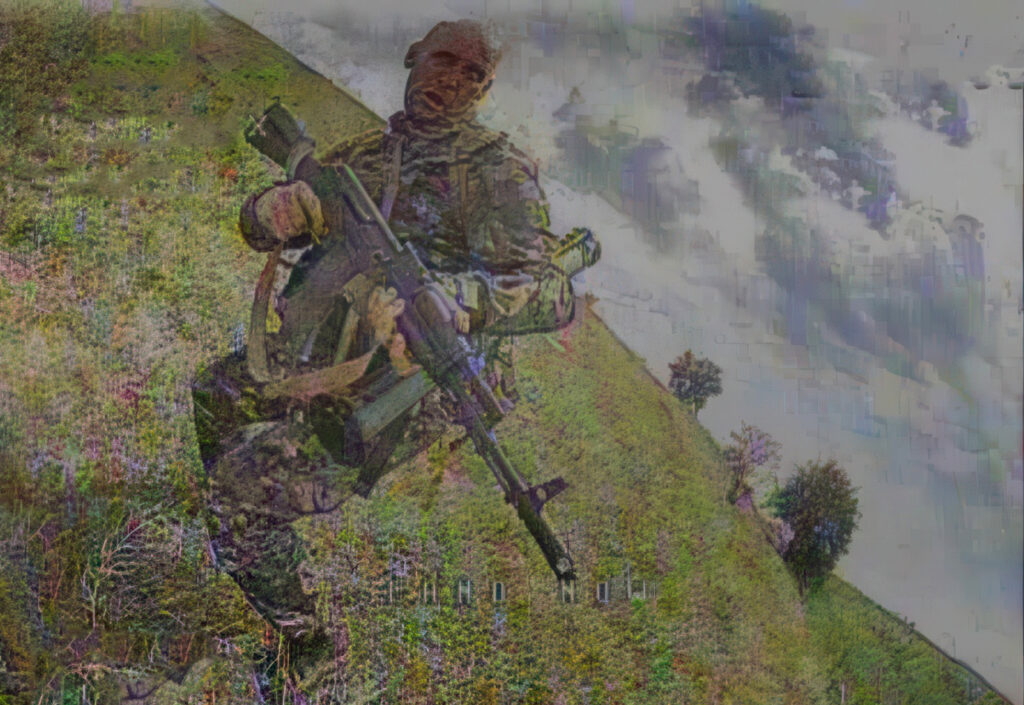

The Institute for the Study of War reported on 30 August that the Kremlin appears to have launched a coordinated informational effort posturing military strength on the battlefield in order to shape Western thinking and falsely portray a Russian victory as “inevitable.”
The Kremlin’s presentation of likely inflated territorial gain statistics without critical context for the losses for those gains is likely an attempt to manipulate perceptions about Russia’s military performance and buttress a longstanding Kremlin narrative that Russia’s victory on the battlefield is inevitable. It is not.
Chief of the General Staff Valery Gerasimov claimed on 30 August that Russian forces had seized 3,500 square kilometers and 149 settlements since March 2025. ISW assessed the real figure is about 2,346 square kilometers and 130 settlements. The Kremlin claims include exaggerated control in Sumy Oblast, Kupiansk, Lyman, and other directions.
Defense Minister Andrei Belousov claimed Russia was gaining 600–700 square kilometers per month. ISW calculated only 440–500 per month.
Russian non-Kremlin-aligned reported on 29 August that RND inheritance data suggests at least 93,000 Russian soldiers died in 2024, and 56,000 more since the start of 2025. By mid-2025, inheritance cases reached 2,000 per week. Most new missing persons rulings involved men.
ISW says these losses are unsustainable. Russia’s advance remains slow. It uses light vehicles and infiltration tactics, but cannot consolidate gains. The Kremlin’s statistics paint an incomplete picture of its battlefield performance.


European Commission President Ursula von der Leyen and Polish Prime Minister Donald Tusk visited the Polish-Belarusian border to demonstrate European solidarity, according to Tusk’s statement on X.
The Polish Prime Minister said that Belarusian border guards “listened attentively” to their press conference at the frontier. Tusk wrote that the European Commission head had the opportunity to see the situation at the EU’s eastern border firsthand.
Since 2021, self-proclaimed Belarusian President Alexander Lukashenko has refused to control the flow of refugees through his country to EU states, triggering a migration crisis. Poland responded by constructing a 5-meter electronic barrier along the Belarus border, equipped with thousands of cameras and surveillance technology designed to prevent illegal border crossings.
“I am here today to express Europe’s full solidarity with Poland as a frontline state. For many years now, you and the Polish people have faced deliberate and cynical hybrid attacks. I want to emphasize that Europe supports you in every possible way,” von der Leyen said during the visit.
The Commission President announced that the EU’s budget proposal for the next seven years would triple investments in migration, border management and protection. EU member states that share borders with Russia and Belarus will receive additional EU funding under the plan.
“I want to emphasize: Europe’s borders are a shared responsibility. Here we are at the Polish border, but also at the European border, and this is a shared responsibility,” von der Leyen said.
The visit comes as Poland continues to manage migration pressure along its eastern border, where the electronic barrier system represents one of the EU’s most technologically advanced border protection measures.
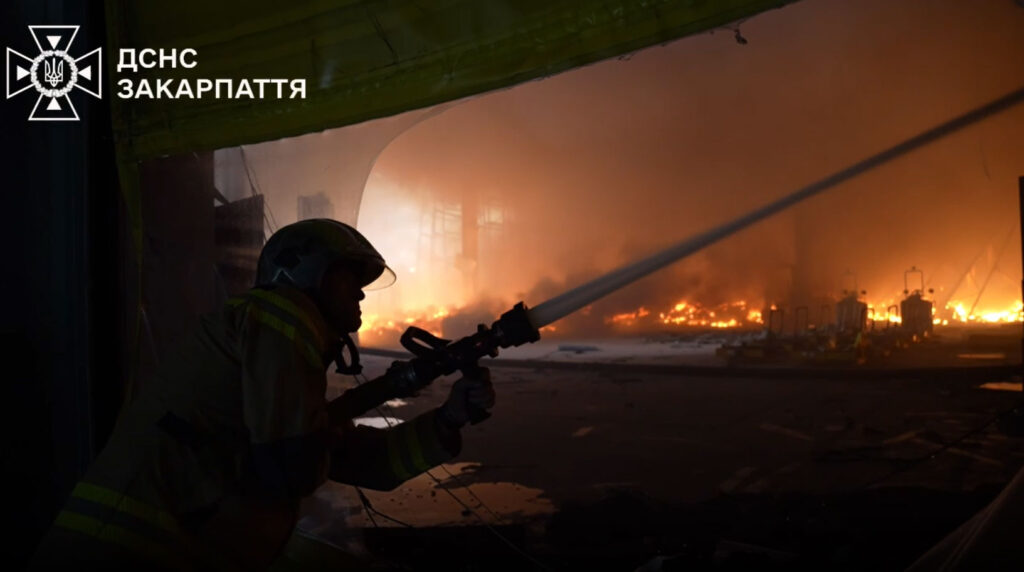

Russia is deliberately targeting Western-linked sites in Ukraine to send a message of defiance against diplomatic efforts to end the war, The New York Times reports. The strikes — aimed at an American-operated factory and European diplomatic offices — signal a calculated rejection of peace talks and Western involvement, according to officials and military analysts cited by the outlet.
On 21 August, Russian cruise missiles hit a factory in Mukachevo run by Flex Ltd., an American multinational company best known locally for making Nespresso coffee machines. The plant, Ukraine’s largest employer in Zakarpattia Oblast, had no role in military production, according to local officials and the company itself. Nonetheless, it became a target just six days after US President Donald Trump met with Russian President Vladimir Putin in Alaska to discuss possible paths toward ending the war.
A week later, two more Russian missiles struck central Kyiv, damaging buildings housing the European Union delegation and the British Council. The diplomatic quarter in Kyiv had previously been spared by Russian forces. Following the strikes, European Commission President Ursula von der Leyen publicly accused Moscow of intentionally attacking EU diplomatic infrastructure. Ukrainian President Volodymyr Zelenskyy said Russia is now “striking at everyone in the world who seeks peace.”
These strikes were not isolated. NYT notes that more than half of American companies operating in Ukraine have already sustained damage from Russian attacks. The list includes major international names such as McDonald’s, Boeing-affiliated facilities, and a Philip Morris plant. The Flex factory alone, which employed around 3,000 people at the time of the strike, was the largest taxpayer in its oblast and produced only commercial consumer products.
According to NYT, the Kremlin’s choice of targets — foreign-linked civilian infrastructure and cultural institutions — suggests a deliberate effort to intimidate and punish those backing Ukraine’s defense and sovereignty through diplomacy, investment, or postwar security guarantees. Ukrainian lawmaker Oleksandr Merezhko said the attacks are “a clear signal” that Putin now feels emboldened to extend the war beyond Ukraine and toward the West itself.
Franz-Stefan Gady, a military analyst based in Vienna, told NYT that Moscow is intentionally testing the boundaries of Western deterrence. The aim, he said, is to impose costs on Ukraine’s allies while avoiding direct military retaliation — a strategy designed to weaken Western resolve and push Ukraine into disadvantageous negotiations.
European governments are currently debating whether to send peacekeeping forces to Ukraine, and the strikes appear designed to dissuade that. Volodymyr Dubovyk, director of the Center for International Studies at Odesa I.I. Mechnikov National University, described the message from Moscow as clear: “Don’t you dare send your troops here.”
The 28 August strike on Kyiv, which included hundreds of missiles and drones, killed at least 25 civilians — the deadliest attack on the capital since the Trump–Putin meeting. While none of the fatalities occurred at the damaged diplomatic offices, the choice of targets marked a dramatic shift in Russia’s strategy.
The Kremlin has dismissed negotiations as premature and rejected Western-proposed security guarantees for Ukraine. The Russian Ministry of Defense falsely claimed that its strike on the Mukachevo factory was aimed at the Ukrainian military-industrial complex. Russia’s Foreign Minister Sergey Lavrov told NBC News he had allegedly “never heard about” the Flex attack, while simultaneously denying that Russia targets civilian sites.
Following the attacks, President Trump said he was “not happy” with Russia’s actions. However, the US response so far has been limited to verbal disapproval, with no new sanctions or retaliatory steps announced.
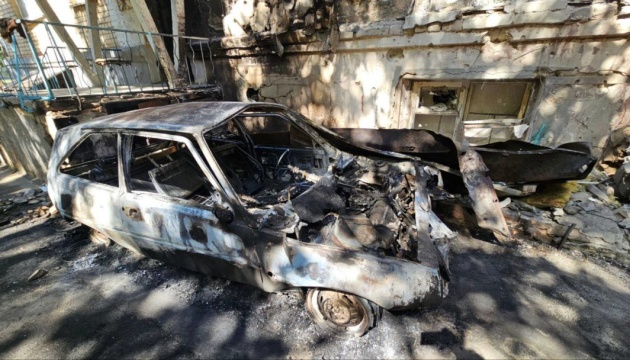

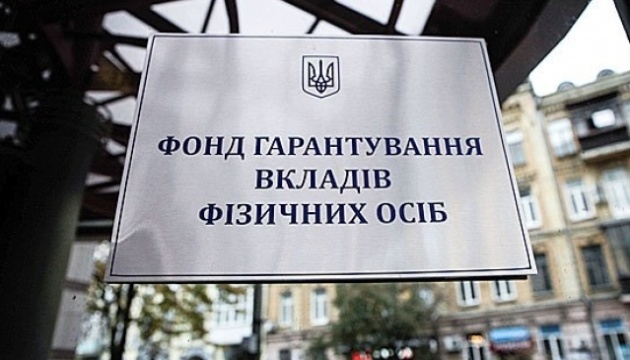

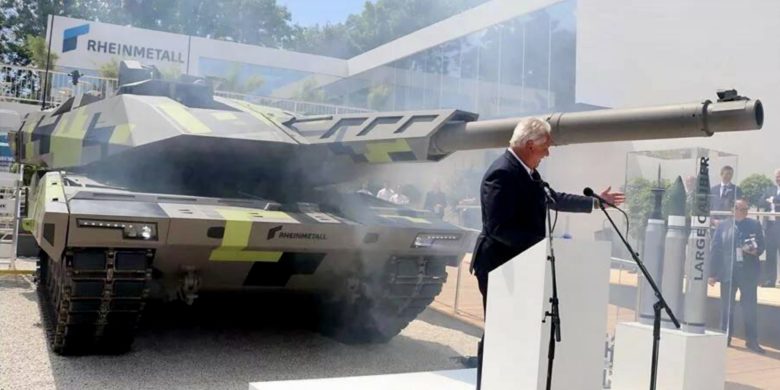

Armin Papperger, head of German defense conglomerate Rheinmetall, said Ukraine will soon receive its first ammunition from a new plant in Unterlüß, Lower Saxony, Deutsche Welle reports.
This year, 25,000 shells will be sent to Ukraine. The factory could produce 150,000 or more next year.
“We will increase production to 350,000 for Germany and Ukraine. Next year, we can deliver at least 100,000, and later possibly 200,000 shells to Ukraine,” Papperger noted.
Rheinmetall is building a similar factory in Ukraine, but bureaucracy is slowing the process.
“I discussed this with Defense Minister Denys Shmyhal. I told him: it can be done in 14 months. Currently, the civilian part isn’t ready; a concept is needed,” the CEO explained.
He added that the plant could be ready in 12–14 months if organizational issues are resolved.
The company also plans to invest in drone production — not small quadcopters, but larger, high-tech systems.
“If there are opportunities — we will do it,” Papperger added.


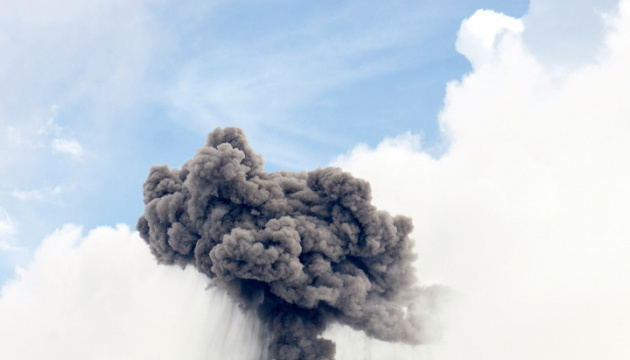

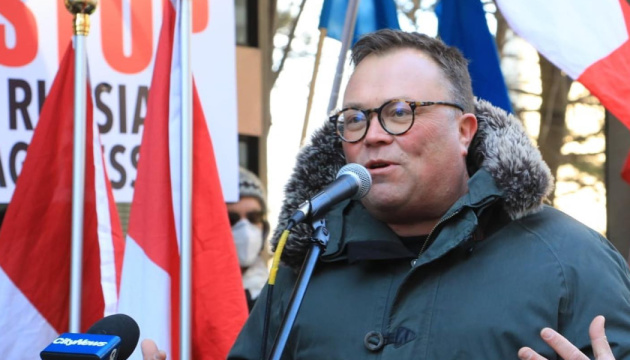

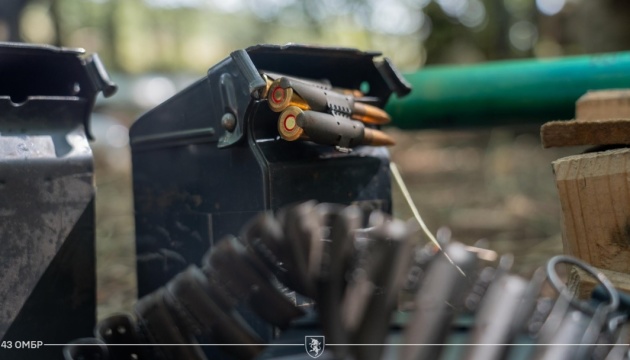

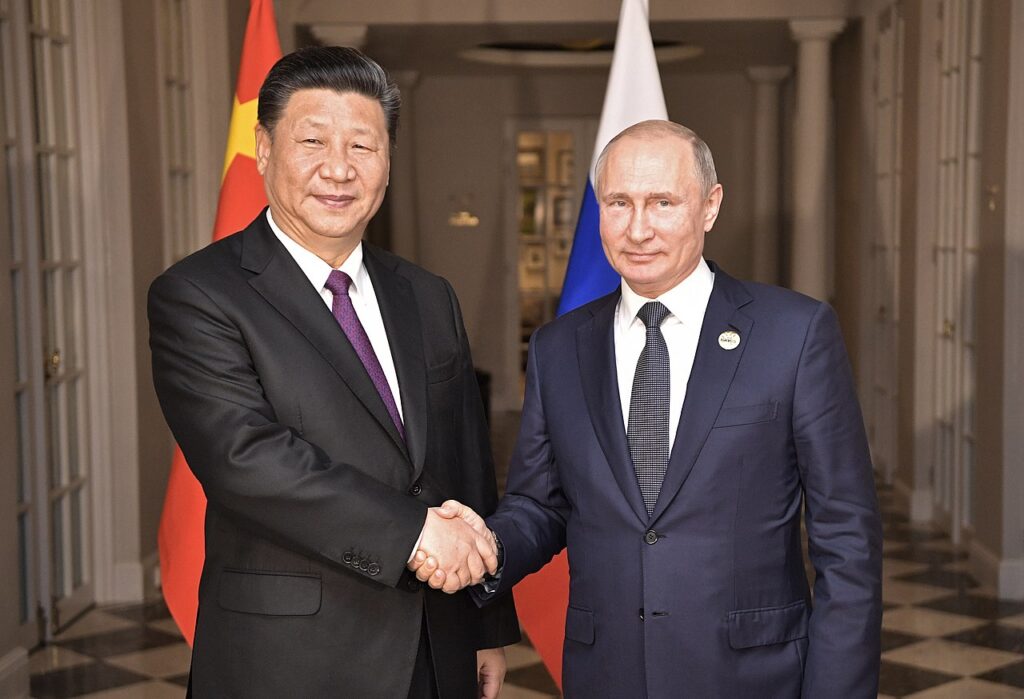

Instead of peace: parades, missiles, and the Shanghai Cooperation Organization summit. Russian President Vladimir Putin has arrived in China on a four-day visit, RBC reports.
He was invited by Xi Jinping to a military parade marking the anniversary of the end of World War II. This comes just as US President Donald Trump’s deadline for a meeting with Ukrainian President Volodymyr Zelenskyy to stop the war is expiring.
The American president gave Putin two weeks to decide on negotiations.
However, the Kremlin not only failed to respond but also launched two massive attacks on Ukraine. More than 1,100 targets have been used, from Shaheds to ballistic missiles. This clearly demonstrates that for Putin, the war matters more than peace. Previously, he had called Zelenskyy an “illegitimate president” of a non-existent country.
Beyond the parade, Putin will participate in the Shanghai Cooperation Organization (SCO) summit, scheduled from 31 August to 1 September in Tianjin. The SCO includes Russia, China, India, Iran, Kazakhstan, Kyrgyzstan, Pakistan, Tajikistan, Uzbekistan, and Belarus.
More than 20 world leaders are expected. The Kremlin dictator plans to meet with Xi Jinping, Iranian President Masoud Pezeshkian, Turkish leader Recep Tayyip Erdoğan, and Indian Prime Minister Narendra Modi.
A Russian drone caught filming its own camera test in a Chinese factory before being shot down in Ukraine
Earlier, Trump imposed tariffs on India over its imports of Russian oil, which fuels Moscow’s war machine. This sparked outrage in Delhi, which pointed out that Europe continues buying Russian oil without facing sanctions.
According to The New York Times, Trump also pressured India to nominate him for the Nobel Peace Prize. After Delhi refused, he retaliated with tariffs.
Against this backdrop, India may strengthen cooperation with Russia and China, both key players in the oil and gas market, and part of the “axis of upheaval”, the growing anti-American collaboration between the nations.

